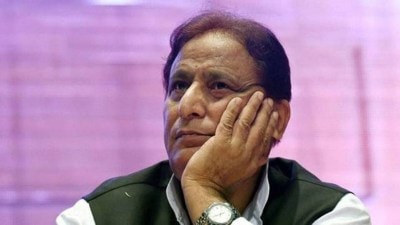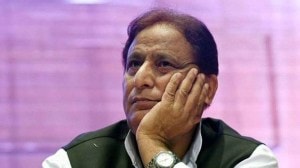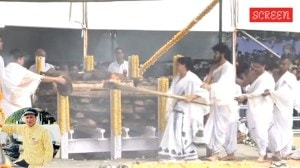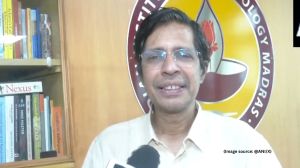Accept ‘fundamental’ Tibetan demands: US to China
White House spokesman Scott Stanzel said the talks should address some of the fundamental Tibetan complaints.

The dialogue between China and the representatives of the Dalai Lama should address some of the “fundamental” Tibetan concerns on freedom of religion and cultural values in the Himalayan region, the US has said.
Welcoming the resumption of dialogue between the two sides as the “best way” to resolve the Tibet issue, White House spokesman Scott Stanzel said the talks should address some of the fundamental Tibetan complaints about freedom of religion and cultural values.
“We believe that dialogue between the Chinese government and representatives of the Dalai Lama is the best way to address some of the fundamental issues in Tibet,” Stanzel said while commenting on the latest round of talks.
“People in Tibet feel that they are unable to freely practice their religion, freely practice some of their cultural traditions and values, so we believe that talks to discuss those issues are a good step,” he said.
US President George W. Bush was one of the world leaders who pressured China to restart negotiations to end the recent crisis in Tibet.
The Dalai Lama’s envoys and Chinese officials met in the southern city of Shenzen on May 4 for the first time since the unrest erupted in Tibet in mid-March.
At the in-camera meeting, China did some tough talking asking the Dalai Lama to make “credible moves” to stop violence and not to “sabotage” the Beijing Olympics to create conditions for the next round of parleys.
China’s state-run press reported earlier that the talks had ended with an agreement to meet again, although no date was set and no other major breakthrough was reported.
Talks have been described as a “good first step” by Lodi Gyari, one of the Dalai Lama’s representatives, who said: “All very candid. We had very candid discussions.”
“It was a good first step,” he said at the Hong Kong International Airport before returning to India.
Chinese officials and envoys of the Dalai Lama have had seven rounds of secretive talks since 2002 with no substantial outcome.
Despite the latest round of talks, China’s official media continues to verbally attack the Dalai Lama, with one report accusing him of “monstrous crimes.”
The Dalai Lama’s government-in-exile says 203 Tibetans have been killed and about 1,000 hurt in the Chinese crackdown on the latest unrest. China says Tibetan “rioters” and “insurgents” have killed 21 people.
China has accused the Dalai Lama of seeking independence for Tibet and of fomenting the recent unrest in an effort to bring into spotlight the Tibet issue ahead of the Beijing Olympics in August.
The 1989 Nobel Peace Prize winner has rejected the Chinese accusations, but has blamed Beijing of committing widespread human rights violations against his people and maintained his push for greater Tibetan autonomy under Chinese rule.
Photos



- 01
- 02
- 03
- 04
- 05




























